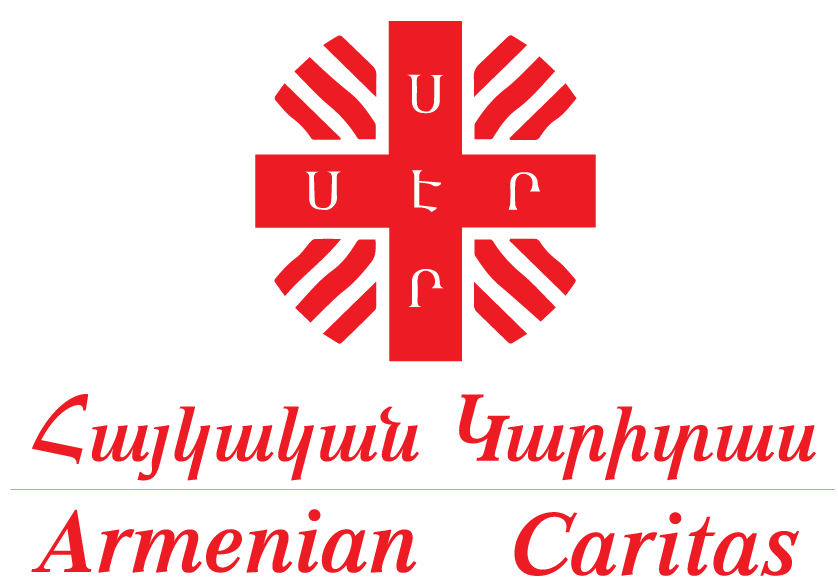During the second Artsakh war, the number of Artsakh citizens who found refuge in Armenia exceeded 90,000. After the end of the war, some of them went back. At the moment, there are about 25,000 Artsakh citizens living in Armenia, who are although physically in Armenia, but their soul and heart is in Artsakh, in their towns and homes that are in the hands of the enemy.
Our story is about a young family that had found refuge in Armenia, a family that had gone through hellish roads of war, had fought in the hottest spots and miraculously survived.
The mother of the family, a 30-year-old Anna, says that she started living in Jrakan (Jabrayil) after her marriage. In that small settlement, the couple was engaged in military work (the husband was the commander of a military unit, the wife was a nurse in the same military unit) and in gardening in their free time.
The news about the impending war spread quickly, and on September 26, 2020, everyone already knew that there would be clashes, but no one could even imagine the terrifying scale and consequences of the war.
“What happened that night was like a terrible action movie. It was as if fire was falling from the sky. Panicked by the sudden disaster, people tried to save at least their children,” Anna recalls. On September 27, Anna and her husband somehow moved their two minor children and her husband’s elderly parents to Goris, from where the girl’s parents took the children to Gyumri. Spouses fоught for 25 days in the hottest spots of the war, lost each other and found each other again. However, as a result of war, they lost almost everything: homeland, house, relatives and friends. With only a small slip of personal documents, Anna and her family found refuge in Gyumri, Armenia. Now the family lives in a rented apartment. The husband’s temporary work and the wife’s meager pay for her work (the work is officially considered military service) barely support the family. On the other hand, the threat of a new war and border tensions keep the couple in constant anxiety. As displaced persons due to the war, the family did not receive any serious support from the state, apart from the initial 1-2 months’ rent for the house. “During the post-war period,” says the young woman, “Caritas” was the only organization whose help, caring, compassionate and truly humanitarian attitude was a comfort for my family in a difficult situation. Currently, my children (son: 4 years, daughter: 2 years old) also benefit from the support of the “Growing healthy” program of “Caritas” in Gyumri “Mankik” kindergarten. Today, in Anna’s family, the prospects of the future life are dim, optimism is strictly realistic, happiness is only in the smiles of her son and daughter, and the memories of the past are unspeakably painful… “Now and always those memories will take me back to the sad evening in Jrakan, when the fierce alarm disrupted the soldiers last supper. Now I take bread to their graves instead of flowers… I will remember my beloved house and the pomegranate garden with 360 pomegranate trees, whose sweetness and aroma came from the homeland and remained in the homeland. I will remember my brother, who did not get to see the newborn girl, and whose little son waits every day for his father to come home from work… I will remember all my soldiers, name by name, smile by smile, grave by grave… I will remember with an unwavering longing of going back one day and a faith that no war can destroy…”
But today we still have to live…
